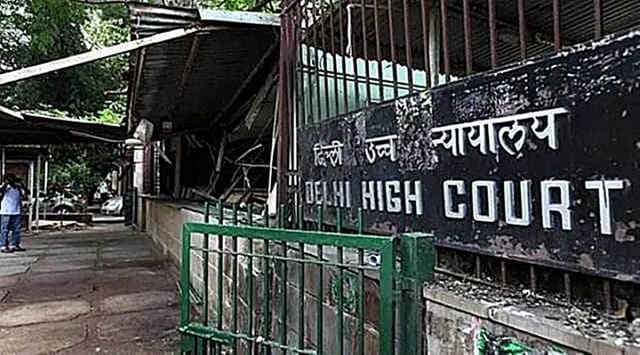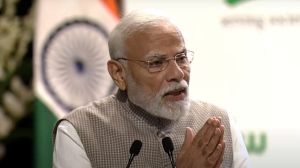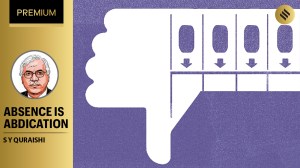Accused can’t be forced to reveal passwords of seized gadgets during trial: Delhi HC
Justice Banerjee observed that in the present case, as the trial was ongoing, the man cannot be “coerced to reveal/ disclose password(s) or any other like details”
 The HC further observed that the case primarily revolves around electronic evidence on laptops, mobile phones and other sophisticated gadgets which have already been seized by the CBI.
The HC further observed that the case primarily revolves around electronic evidence on laptops, mobile phones and other sophisticated gadgets which have already been seized by the CBI. The Delhi High Court recently observed that an accused person cannot be coerced to reveal passwords of digital devices seized during investigation while the trial is ongoing, given the protection granted under Article 20(3) of the Constitution of India.
As per Article 20(3), no person accused of any offence shall be compelled to be a witness against himself.
The HC was hearing a bail plea of a man who was booked in an FIR wherein it was alleged that a company, called E-Sampark Softech Pvt. Ltd, along with its directors, had made millions of scam phone calls to the US from fraud call centres located in India and had defrauded and cheated US citizens to the tune of about 20 million USD.
The CBI had opposed the bail plea stating that the man is the “real kingpin behind the entire racket” since he is the director of the company alleged to be involved in the FIR. The agency had argued that he had failed to cooperate with them since he did not provide passwords of digital devices recovered by the agency.
A single-judge bench of Justice Saurabh Banerjee, in its December 18, 2023, order observed that while an accused is expected to not only join but also participate in an investigation, at the same time, the investigating agency concerned “cannot expect anyone who is an accused, like the applicant herein, to sing in a tune which is music to their ears” more so when the accused is “well and truly protected” under Article 20(3).
Justice Banerjee observed that in the present case, as the trial was ongoing, the man cannot be “coerced to reveal/ disclose password(s) or any other like details” in view of the protection guaranteed to him under the Constitution.
The HC further observed that the case primarily revolves around electronic evidence on laptops, mobile phones and other sophisticated gadgets which have already been seized by the CBI. Thus, if granted bail, there are hardly any chances of the man tampering with the devices, the court said.
Justice Banerjee further observed that the complainants who have been allegedly cheated or defrauded are overseas and are far beyond the reach of the man, and so there are “miniscule chances of the applicant influencing the witnesses”.
The court also observed that the CBI had not said that while the man was out on interim bail for 203 days, he had misused his liberty; it further said it does not find the applicant to be a flight risk or a case wherein he would shun away from participating in the investigation, as and when called for.
“Lastly and most specifically, this court cannot forget that though the applicant has been named in the FIR as an accused, however, till the final outcome of the proceedings emanating therefrom, the status of the applicant is merely that of a suspect. The applicant is innocent till proven guilty. In view thereof, keeping the applicant behind bars will lead to violation of Article 21 of the Constitution of India,” Justice Banerjee underscored.
The HC thereafter granted the man bail on him furnishing a personal bond of Rs 2 lakh along with one surety of the like amount by a family member/ friend having no criminal case pending against them, subject to certain conditions.












